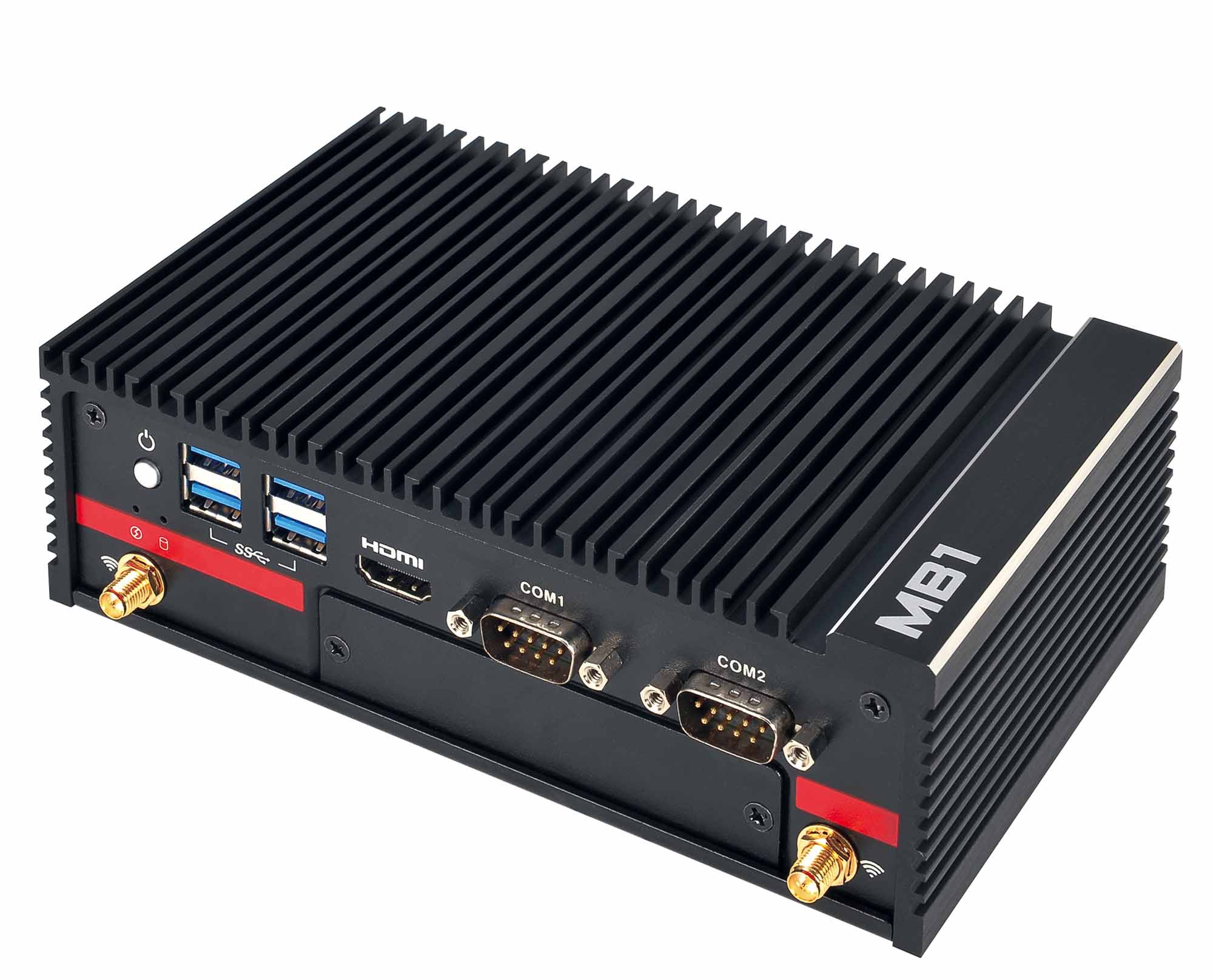
5 Factors to Consider Before Buying an Embedded Industrial PC
Posted on September 15, 2022
Choosing the right embedded system to power your industrial application is crucial. To help you make the correct decision, here are 5 things to keep in mind when you are shopping for an embedded Industrial PC.
1: Longevity
Product lifecycles can be tricky. It is common to pick an older processor to save costs, only for it to reach its end-of-life in a year. You need to think about the long-term as well.
The good news is that chipsets meant for embedded applications have longer lifecycles by default, easily lasting you five to seven years. A Long Term Servicing Channel (LTSC) product has a 10-year lifecycle, making it perfect for industrial applications.
Not only does an embedded industrial PC with a long lifecycle reduce expenses, but also ensures stability. You are guaranteed to be able to get replacement parts and compatible peripherals throughout its lifecycle, saving you the hassle of upgrading every couple of years.
2: Durability
Industrial computers are rarely deployed in sterile air-conditioned rooms. Most embedded PCs work long hours in dusty, high-temperature environments with the occasional jarring impact thrown in. You need a durable system that can last through it all.
Rugged embedded computers are designed to do just that. They use components functional in high temperatures and employ fanless cooling to minimize dust intake. The best of these PCs are impact resistant as well.
Even if your industrial application doesn’t boast of particularly rigorous working conditions, it is a great idea to prioritize durability. There is no such thing as being too safe, and a durable embedded industrial PC can reduce frequent system breakdowns.
3: Scaleability
Situations change, and needs evolve over time. A PC that met your requirements two years ago might not be good enough right now. Ensuring that your embedded industrial PC can be extended with additional features future proofs your investment.
Common additions include networking cards, SSDs, and even GPUs. All of these components require PCI-Express slots, so the number and quality of such slots becomes an important factor to look out for.
Power requirements should also be taken into consideration, so selecting a system capable of supplying more power than it currently needs is an excellent idea. This allows you to slot in expansion cards as and when you extra functionality.
4: Connectivity
It may not seem like a big deal, but the I/O options of an industrial board are a crucial factor that should not be overlooked. Especially the display requirements, as that is hard to change even with expansion cards.
There is a mind-boggling variety of connectivity standards in use, from well-supported HDMI and USB ports to the more obscure serial port and DisplayPort interfaces. Always make sure that the industrial system can connect with your existing hardware.
Even if all you need are standard LAN ports, keep the number of connections in mind. You need specialized network appliances to serve as surveillance platforms, as only these systems have the number of connectivity ports required.
5: Storage
Storage is a default component of any computer, but the type and capacity can vary greatly. And contrary to expectations, it has a major impact on performance, especially for industrial applications.
Going with an SSD is a given, of course, considering the incredible gains over a standard hard drive. It’s when you get down to the type of SSD to select that things get a bit confusing.
The mSATA interface has been used for years to connect hard drives to a motherboard, but it does not give optimal performance for an SSD. The newer M.2 standard is much better and allows NVMe SSDs to perform at their full potential.
Not all industrial applications need to worry about high-speed storage, but it doesn’t hurt. And if your work involves storing and accessing large amounts of data quickly, an M.2 SSD can greatly improve efficiency.
What Is the Most Important Factor When Buying an Embedded Industrial PC?
Getting a PC with a long lifecycle is perhaps the most important requirement when buying an industrial computer. It is easy to upgrade individual features as long as your system is officially supported.
That being said, all the factors listed above are important as well. You can avoid many headaches in the long run by doing your research properly and buying the right system.
At Global American, we take care of these considerations for our clients. Our engineers will advise you on the best systems for your industrial application, and in some cases even build a custom solution that checks all factors.
Reach out to us today and we will help you find the perfect embedded industrial PC for your needs.
